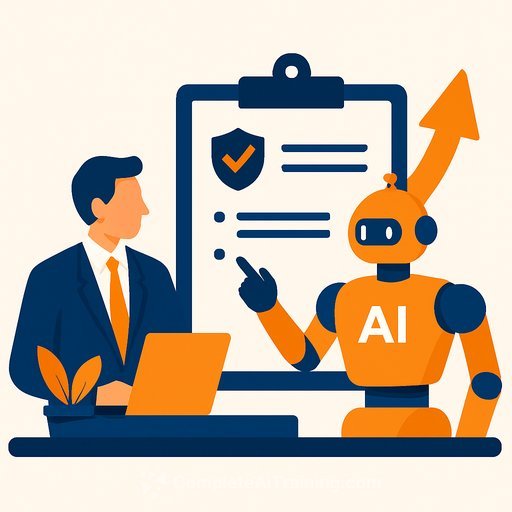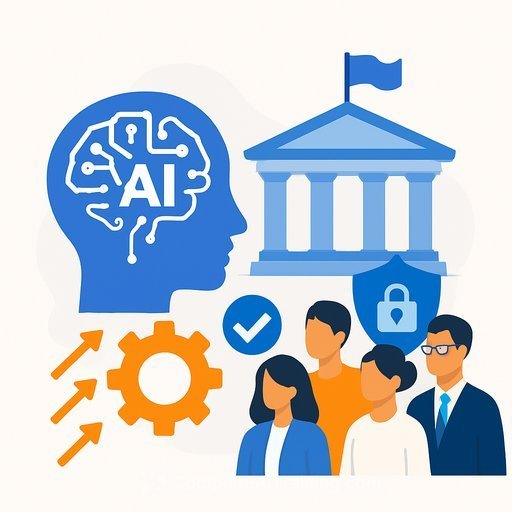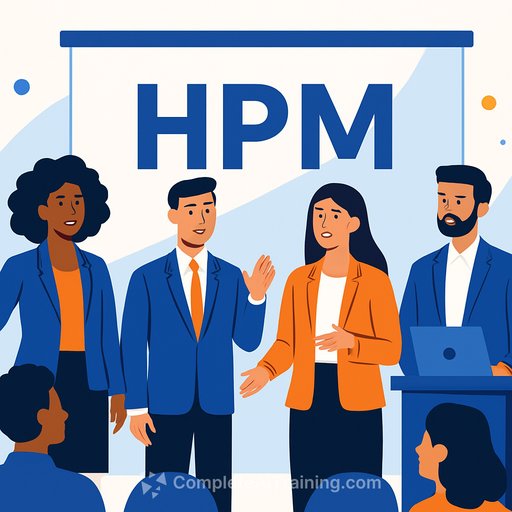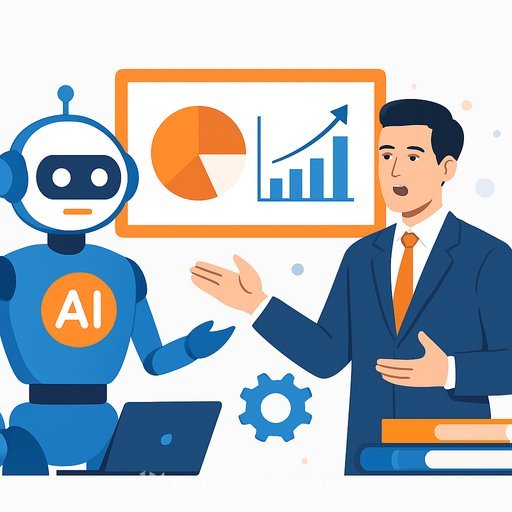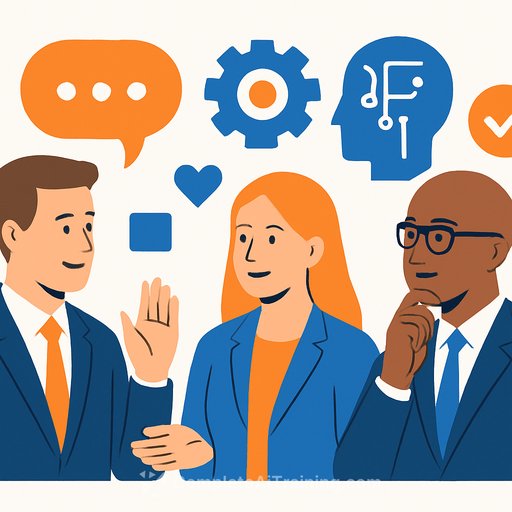AI Isn't Eliminating Entry-Level Jobs. It's Upgrading Them.
In 2019, Reuben Rothstein, then a new associate lawyer, saw his firm adopt AI to sort through thousands of legal records. This technology automated a task that traditionally consumed the first years of a junior lawyer's career.
"It freed me up to do much more interesting, substantive work: Analysis, strategy, case theory," says Mr. Rothstein, now a partner. The AI saved him months of tedious grunt work.
This "grunt work" was once the proving ground for new hires across all industries. With AI automating these simple tasks, the entry-level experience is being fundamentally reshaped. The question for HR leaders is what this new reality means for the next generation of talent.
From Drudgery to Development
Concerns about AI eliminating junior roles are valid, but the reality is more nuanced. AI is not just removing tasks; it's creating an opportunity to make entry-level positions more rewarding and strategic from day one.
"The assumption is that AI takes away entry-level jobs... but that's only partly true, because I think it's more reshaping tasks, not removing the need for human learning and capabilities," says career coach Kadine Cooper.
Steph Barlow, CEO of Octopus HR, notes the expectation for new hires is changing. "Instead of 'you are going to do all of these menial tasks,' it's 'hey, we want to see how you're going to leverage the technology that is available to you to maybe automate or speed up whatever tasks so you can focus on other things.' "
AI can also become a powerful training assistant. Barlow mentions clients using AI tools to help new salespeople practice cold calls, allowing them to gain experience and handle rejection in a controlled environment. This self-directed learning is a huge asset for companies struggling to dedicate enough time to training.
How New Hires Can Thrive in an AI-Powered Workplace
If mundane tasks were the old way to prove work ethic, what does it take to get noticed and promoted now? The focus has shifted from task completion to strategic leverage.
Get Ahead by Embracing AI
Simply using AI isn't enough. Jodi Kovitz, CEO of the Human Resources Professionals Association (HRPA), says the employees who stand out are those who truly master the tools. It's about "developing a whole basket of skills around leveraging AI to do a variety of things."
The most successful new employees are proactive. They look for problems within their team or organization and experiment with AI tools to find effective solutions. Becoming proficient with these tools is no longer optional. You can explore a variety of AI courses by skill to build this competency.
But Don't Embrace It Too Much
While AI is a powerful assistant, over-reliance is a mistake. Mr. Rothstein cautions that using AI for everything can stunt development. A junior lawyer who uses AI for all legal research, for example, misses out on learning the law and developing critical research skills.
"I also find the quality of the answers that AI gives you for legal research are just not as good as what a person could do right now," he adds. Knowing when to use the tool and when to do the work yourself is a critical judgment call.
Leverage Uniquely Human Skills
"AI is a great tool. But it is still going to require some human interaction," says Ms. Cooper. As AI handles routine work, soft skills become the primary differentiator.
The World Economic Forum's Future of Jobs Report found that corporate leaders place substantially more importance on skills like:
- Adaptability
- Curiosity
- Creativity
- Strategic thinking
- Communication
Think about your personal strengths and how they complement AI. Understand the technology's limits and where human intervention, creativity, and strategic oversight are needed.
Furthermore, getting noticed by other humans is invaluable. "Establishing a personal brand in the early days of your onboarding, and building internal networks - that's what's really going to set individuals apart now," Ms. Cooper advises.
Get a Mentor or a Coach
AI can't teach you everything. Mentors are essential for learning the skills that define a leader. "How do you persuade? How do you tell stories? How do you politically navigate work environments?" asks Ms. Kovitz.
As AI plays a bigger role in skills training, it will be more important than ever for seasoned leaders to mentor inexperienced employees. These human skills must be passed down through human interaction.
Don't Panic. Partner with AI.
Mr. Rothstein, who benefited from AI at the start of his career, isn't worried about being replaced. He sees AI as a tool that helps professionals focus on what truly matters.
"They're going to help us concentrate on the things that we need to spend more time on," he says. "I don't have a ton of confidence that AI, as it currently stands, is going to replace the tasks I do."
Your membership also unlocks:

